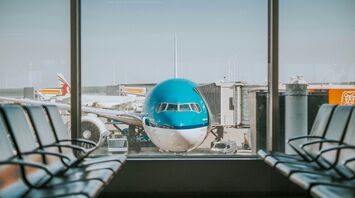New DOT Rules Mandate Automatic Refunds for US Air Travelers

The US Department of Transportation (DOT) has recently implemented a groundbreaking rule that mandates automatic refunds for passengers facing canceled or significantly altered flights. This regulation marks a substantial shift in how airlines handle refunds, aiming to simplify the process and enhance passenger rights.
Starting this week, airlines are required to issue refunds automatically if they cancel or significantly change the details of a flight and the passenger declines the alternative offered. A "significant change" includes delays of three hours or more for domestic flights and six hours for international, alterations to the departure or arrival airports, additional connections, cabin downgrades, or changes that affect disabled passengers' accessibility.
The rule stipulates that refunds should be processed within seven business days for credit card payments and within 20 calendar days for other payment methods. This move is designed to eliminate the bureaucratic hurdles often associated with refund requests, such as lengthy phone calls or navigating complex online forms.
Additionally, the regulation ensures that passengers receive refunds in the original form of payment, whether it's cash, credit card, or airline miles. This is a critical update from previous practices where airlines might have issued travel vouchers instead of actual money back.
The new rules also cover ancillary services. If passengers pay for extras such as checked baggage, seat selection, or onboard WiFi and these services are not provided, they are entitled to refunds for these as well. Importantly, the rules include a provision for travelers who cannot fly due to government or medical advice related to communicable diseases, such as COVID-19, guaranteeing them travel vouchers valid for at least five years.
U.S. Transportation Secretary Pete Buttigieg emphasized the significance of the new rules, stating, "Passengers deserve to get their money back when an airline owes them - without headaches or haggling." This policy is part of a broader effort to make air travel more consumer-friendly and transparent, particularly regarding fees and the true cost of travel.
These changes are expected to significantly impact how consumers approach air travel, offering more confidence and protection when booking flights. The DOT's move to enforce these rules reflects a proactive stance in advocating for passenger rights and setting a new standard in the airline industry.



















